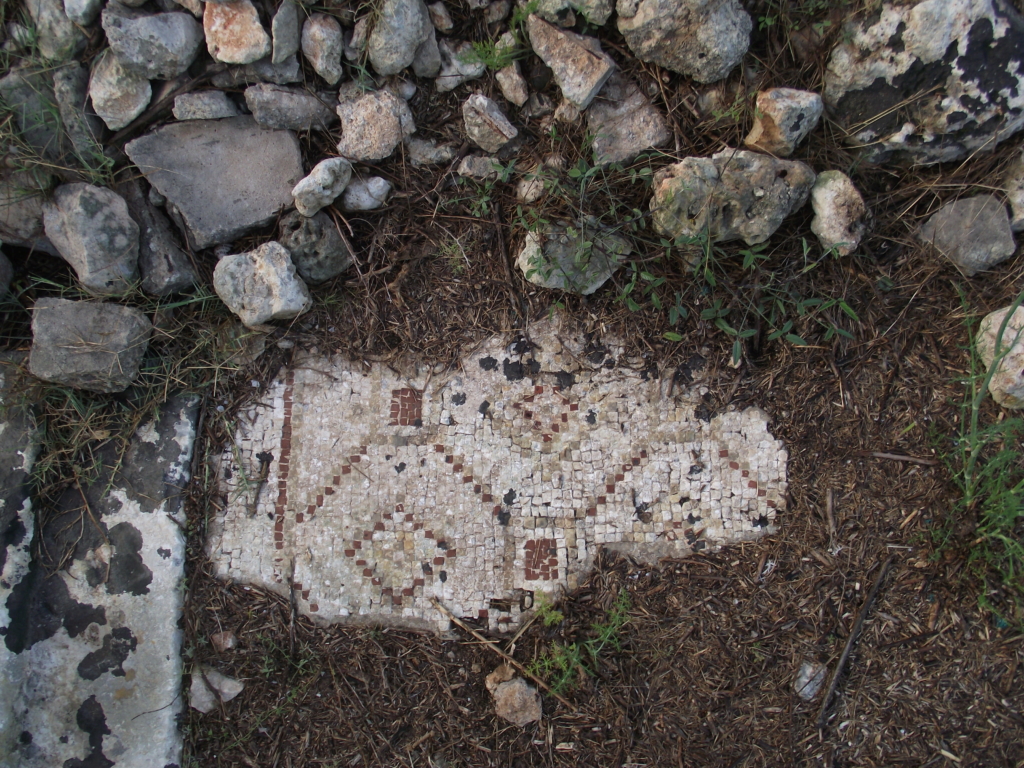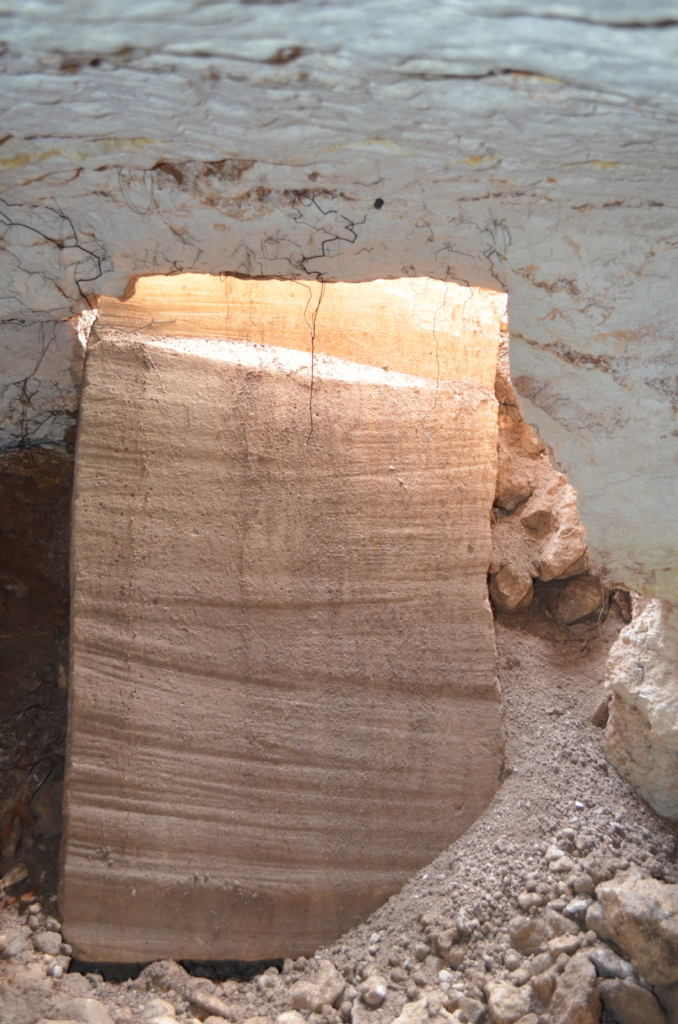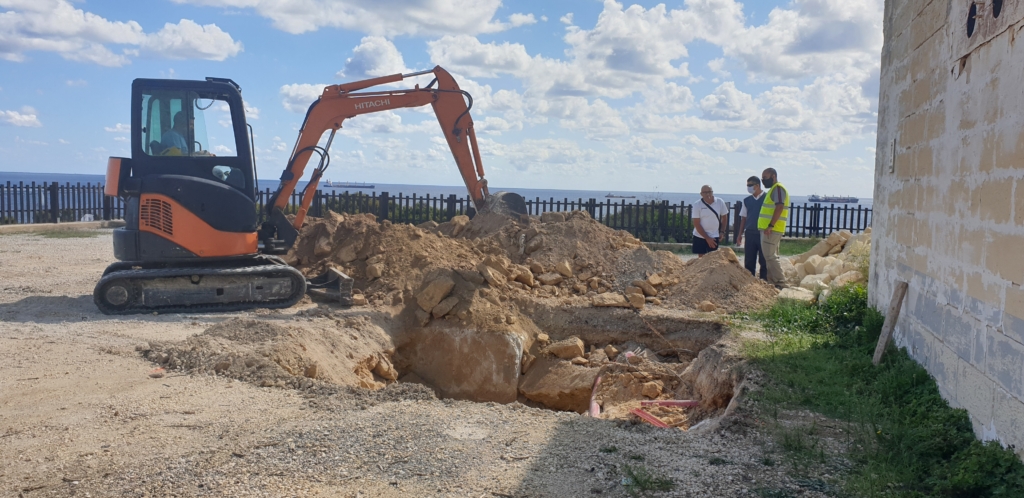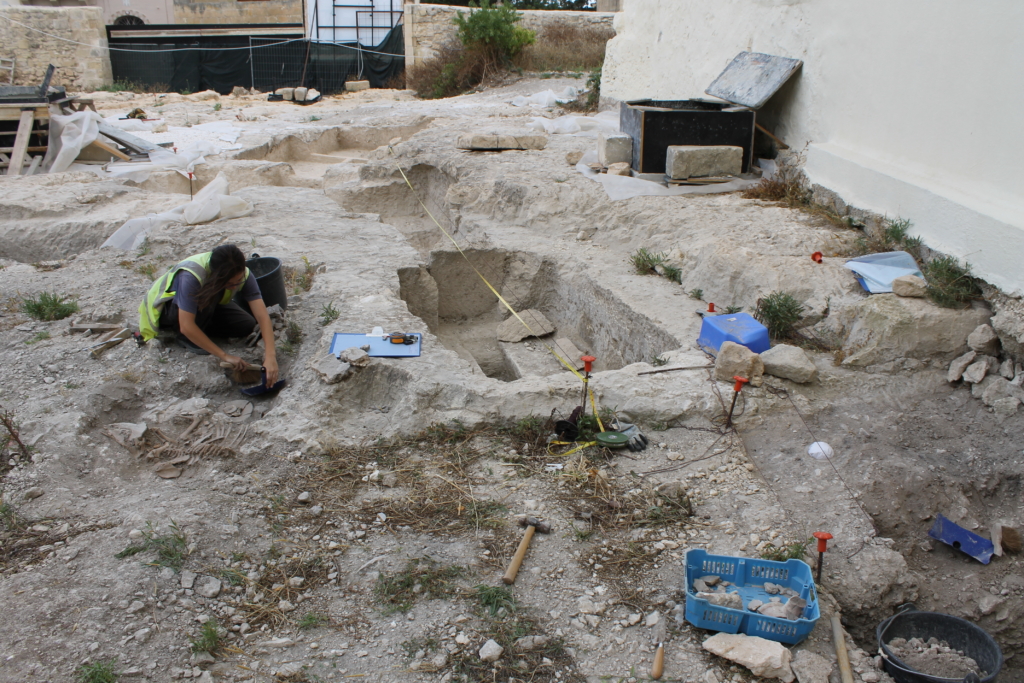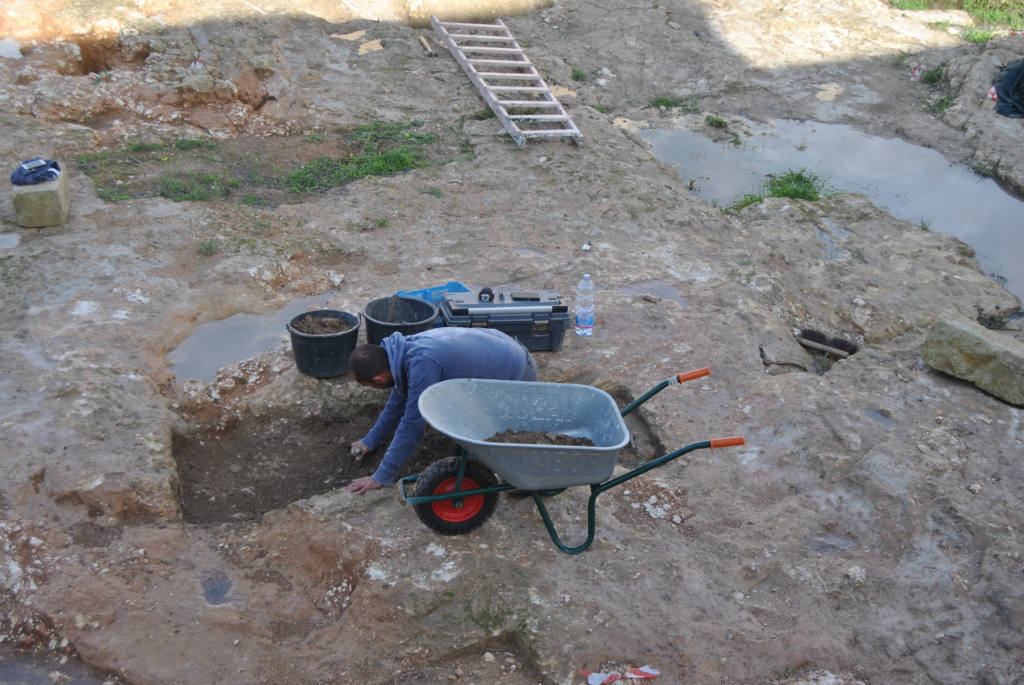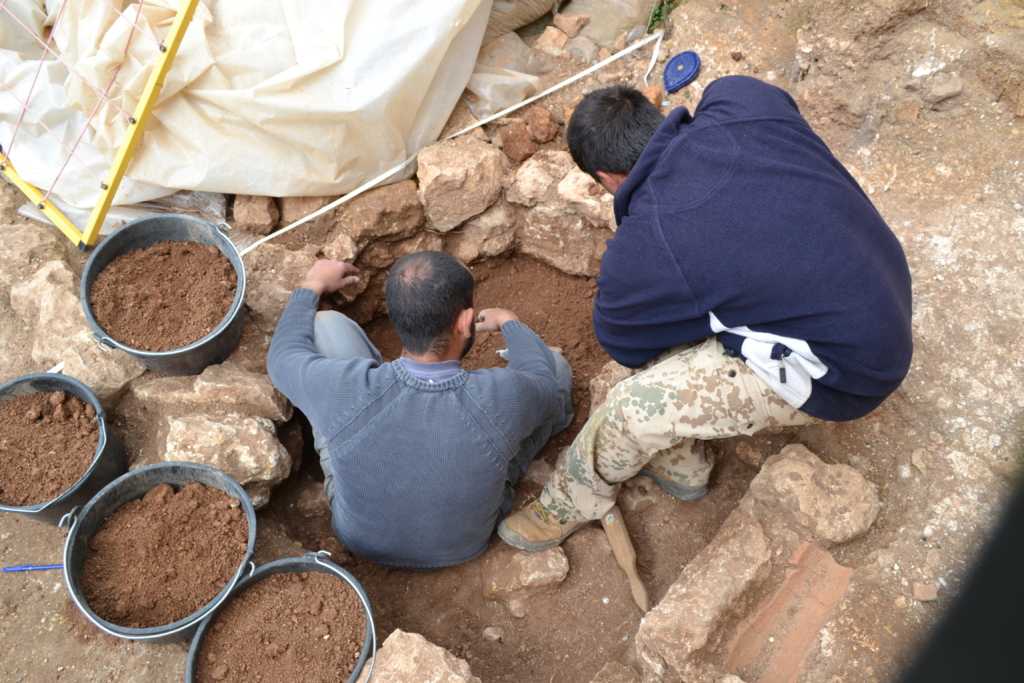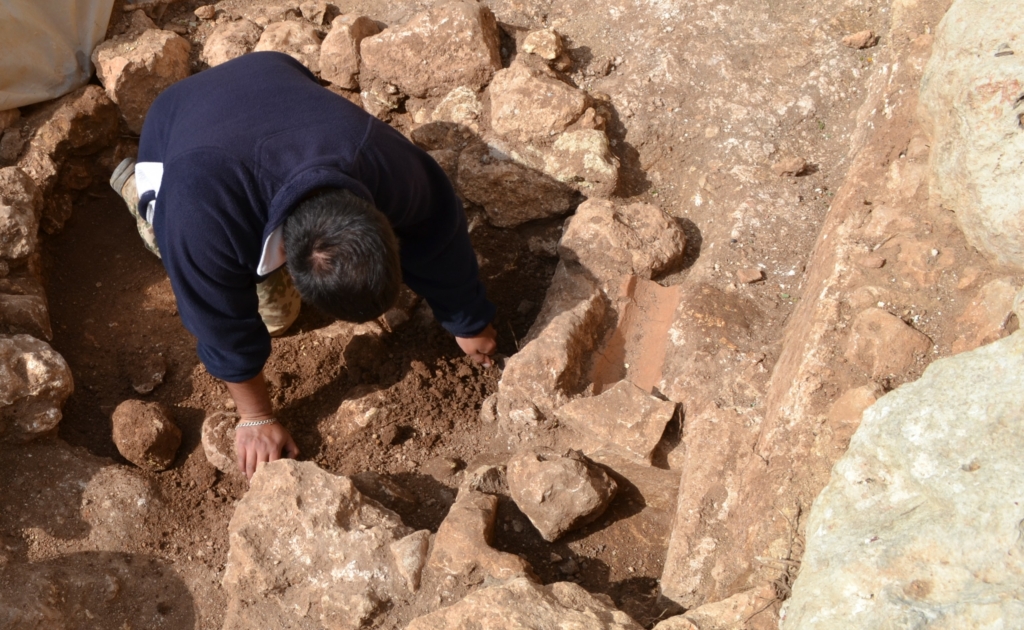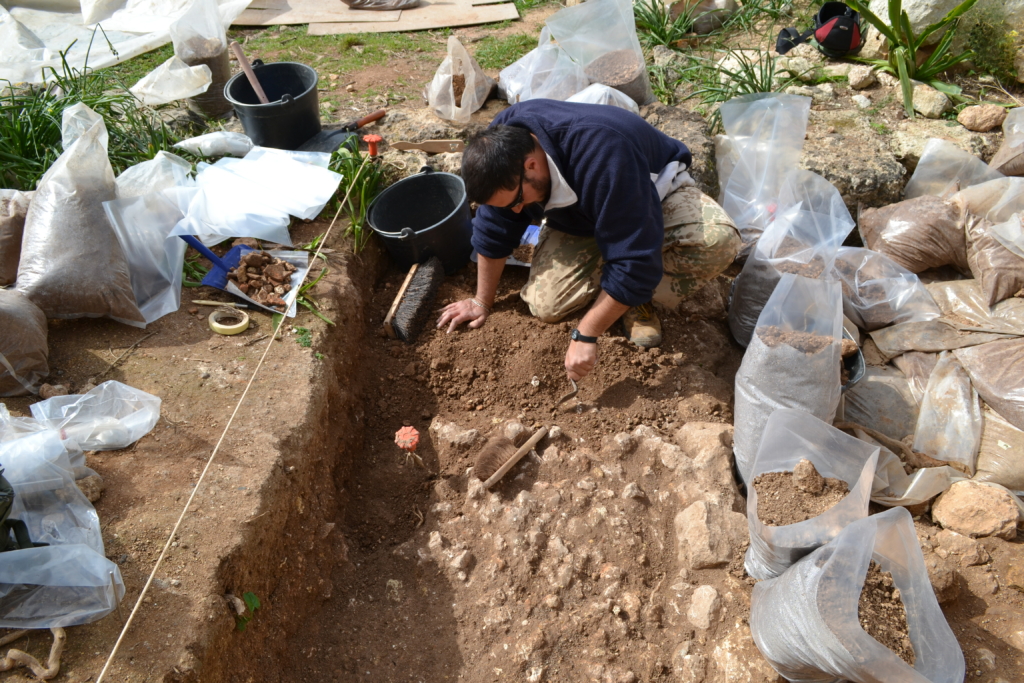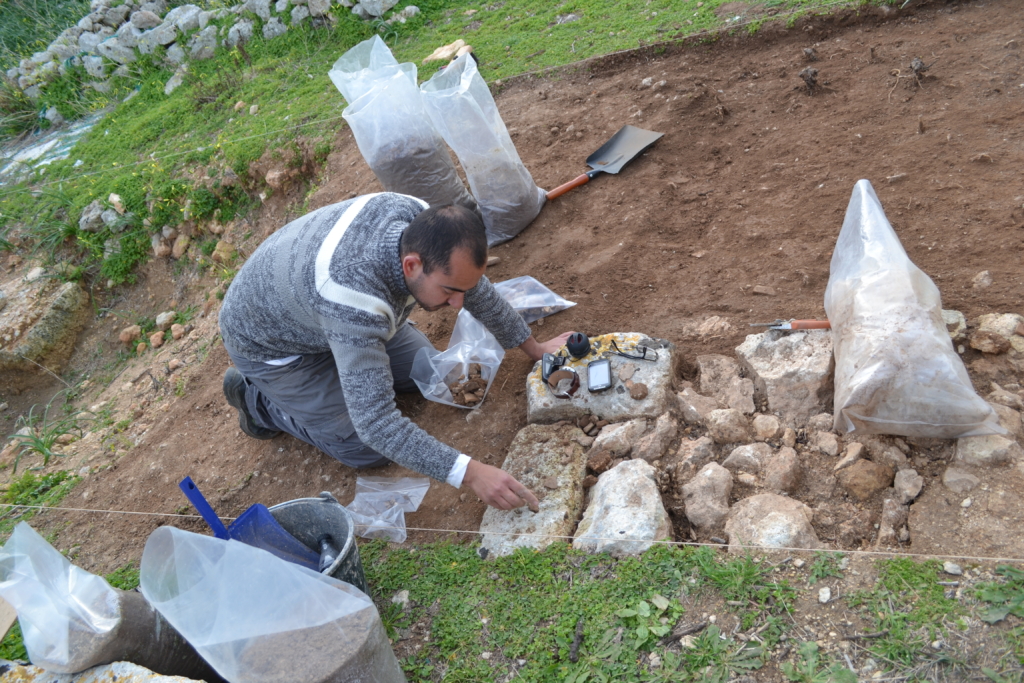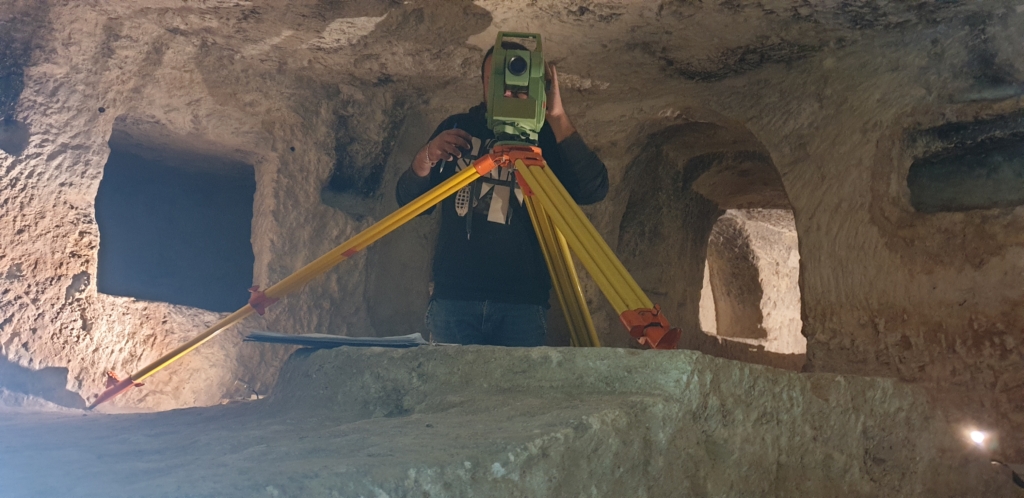Our Services
Cultural Heritage and Archaeological Consultancy
With over 15 years of experience and a wide range of specialists, Heritage Malta is well equipped to provide consultations on archaeology and cultural heritage management. Some issues that we may be able to assist with include:
• Best practice during the development of archaeologically sensitive areas
• What to do if you stumble across an archaeological discovery
• What to do with inherited items of archaeological or historical value
• How to protect, manage and re-purpose sites of cultural importance such as Scheduled buildings
Archaeological Monitoring
Archaeological monitoring is required when development is being carried out in areas of archaeological sensitivity. An archaeological monitor would be appointed to supervise the development, ensuring that works are carried out according to approved procedures and thereby safeguarding any features of cultural importance. The archaeological monitor will liaise with the Superintendence of Cultural Heritage, keeping them informed of ongoing works and discoveries. Should any discoveries be made, the Superintendence of Cultural Heritage will be informed, thereby initiating discussions to strike a balance between development and safeguarding our national heritage.
Archaeological Excavations
Archaeological excavation is the practice of exposing, documenting and analyzing sites of cultural importance. Archaeological excavations usually occur either for research purposes or are prompted by development. The circumstances under which the project is being carried out greatly affects the methodology being used. The Heritage Malta Field Team has experience dealing with both, ensuring that work is carried out to the highest standard, in a timely manner.
Archaeological surveying and photogrammetry
Documentation is arguably the most important phase of the archaeological process. It allows for the information gathered during an archaeological investigation to be passed on to other and future researchers and the general public. This dissipation of information facilitates the comparison of different sites and permits a broader interpretation of land use in the past. A thorough record could also assist future generations to restore or reconstruct cultural heritage which may have undergone unexpected damage. Advances in digital technology means that we are now capable of accurately recording sites faster than ever. The purchase by Heritage Malta of new equipment such as a robotic total station and a GNSS, allows the Field Team to carry out detailed and accurate surveys of archaeological sites. When an even greater level of detail is required, this would be coupled with photogrammetry, a process which allows us to digitally reconstruct the site, or part of, in 3D.





